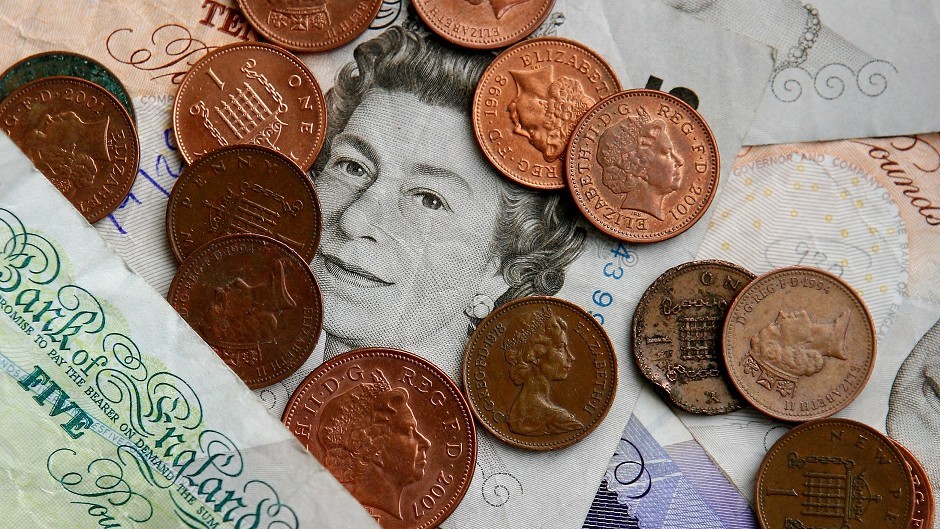Scottish banks could not be sure of a bailout in the event of another financial crisis if the country decided to use the pound informally, according to financial experts.
The National Institute of Economic and Social Research (NIESR) warned an informal currency union – also known as dollarisation or sterlingisation – would impact on the financial sector’s ability to export services, its new balance of payments and its economic prosperity.
The report was published as Alex Salmond came under increased pressure to reveal his “plan B” on currency for an independent Scotland.
The first minister insists Westminster will agree to a formal currency union because it is in both government’s best interests, even though it has been rejected by the Chancellor and opposition leaders.
Dr Angus Armstrong and Dr David McCarthy, from NIESR, have looked at the options for an independent Scotland to be lender of last resort to Scottish institutions in a financial crisis, if it was to opt for the possible “Plan B” of sterlingisation.
They looked at the creation of a Scottish insurance fund, negotiating a commercial lender of last resort with the Bank of England, or relying on the European banking union which is in its early stages.
The authors concluded the only viable option would involve terms that were “unlikely to be acceptable to an independent government”.
Chief Secretary to the Treasury Danny Alexander said the report “confirms that borrowing the pound would be damaging for a separate Scotland’s economy and a terrible choice for Scotland’s financial sector”.
Scottish Liberal Democrat leader Willie Rennie said: “This research matters because people deserve to know if their mortgages and pensions would be protected securely in the event of a financial crisis.”
Mr Salmond is adamant that whichever party is in power at Westminster, it will agree to a formal currency union as would save business in the rest of the UK £600million a year in transaction charges and the UK government would not be responsible for the entire national debt of £1.3trillion.
“It is Scotland’s pound. It does not belong to George Osborne. It does not belong to Ed Balls. It is Scotland’s pound, and we are keeping it,” he said.
Labour leader Johan Lamont said: “It is not for the first minister, no matter how limitless he thinks his powers are, to determine what is in the national interest of another country.”
